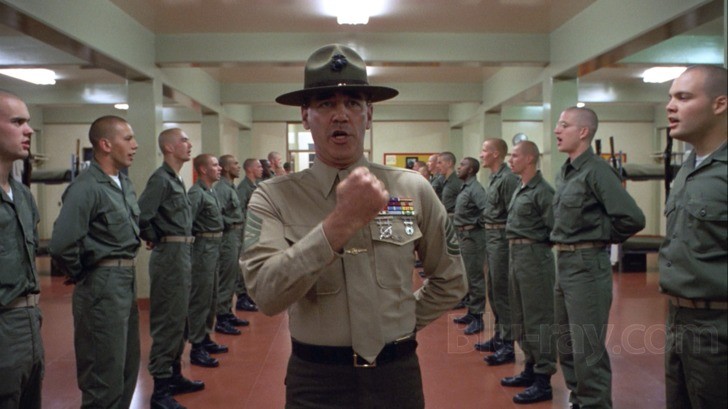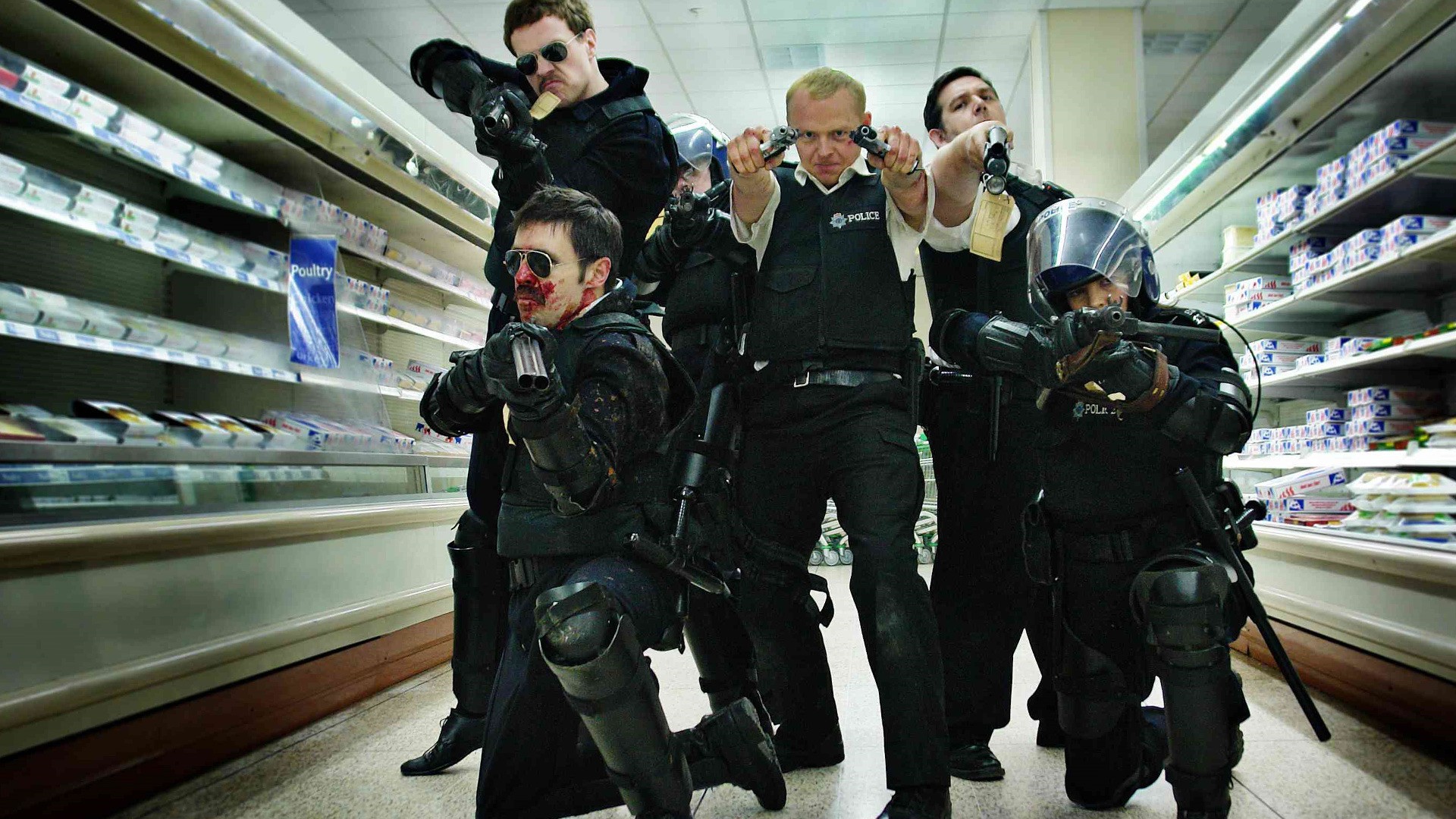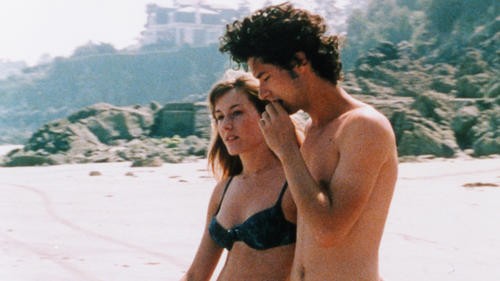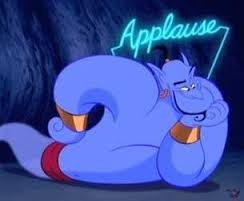A common complaint about good video games is that they always translate to bad films. The cause of the problem lies with movies. Production houses are vampiristic in their acquisition and regurgitation of intellectual property, but have no regard for the spiritual integrity of their prey. Expecting the studio system to replicate the pleasure of an interactive experience is like having an itch for a book to become a painting or a melody to become a comic strip. It’s understandable to have that expectation when our primary cultural currency is the blockbuster, and you want more recognition for the art that games can be. But a more likely outcome is for games to gain cultural currency as they get better, and for blockbusters to have less.
The posh fictional spelunker Lara Croft has returned for another movie edition of her game series, Tomb Raider. She is now played by Alicia Vikander and is making a living as a bicycle food courier, unwilling to accept her wealthy inheritance because she refuses to give up her missing father (Dominic West) for dead. He disappeared seven years ago, leaving her various puzzle clues, which, upon investigation, result in her following him to a mysterious island off the coast of Japan. There, she finds mercenaries forcing shipwrecked men to dig for the grave of Himiko, an ancient “death queen.”
Everything is bland. Characterization is minimal. The main emotional traits given to Lara are a feeling of abandonment over her father’s choice to go adventuring rather than spend time with her, and a generic action hero’s empowering journey from not being adept at hand-to-hand combat to being completely so, via anger.
There is a vulnerability to Lara: We are first introduced to her losing at mixed martial arts, and that vulnerability carries throughout each of her death-defying scrapes. As in the games, she traverses a plane trapped on top of a waterfall (a highlight) and outguesses ancient temple deathtraps. Unlike Indiana Jones, there is an emphasis not on roguish humor in response to increasingly outlandish difficulty, but groaning and moaning through stations of the cross. Vikander’s own seriousness works against her: She brings to each horrible occurrence a look of open-mouthed concern which would better fit a dramatic offering where the balancing acts were less predictable. (Overacting like Bruce Campbell would be better.) They also seem very digital, the painterly backgrounds making her leaps look unreal.
Director Roar Uthaug’s best moment follows the simple act of villain Mathias Vogel (Walton Goggins) pointing a gun at Croft. Time slows down, and the sound of her heartbeat fills the soundtrack. It dwells on the tactic of threatening a life with a ballistic weapon, staple move of movie bad guys, and makes it unique. But almost everywhere else the feel is boilerplate, contractual. The viewers’ hands during my screening were at their sides. No one made Lara go left or right, or swing or jump. We passively accepted her derring-do like livestock waiting for gruel.
Goggins is great at making florid dialogue sound witty, but can’t save his generic words here. Nick Frost of the Cornetto trilogy has two uncredited scenes as a comic relief pawn shop owner. Hip-hop music lyrically concerned with female empowerment plays on the soundtrack, but mostly traditional orchestral noises encase scenes in textbook aural definitions of what you’re supposed to be feeling. I did like a late de-emphasis on the mystical, which made the film’s use of Asian culture less cringy.
In terms of current fare, I prefer Thoroughbreds, a B-movie featuring two precocious murderous teenagers that likewise commingles female empowerment and violence, but does so through arch dialogue and characterization and juxtaposes psychopathy and high-functioning autism to reflect on how people with the latter might be mistreated.
Tomb Raider doesn’t have as much on its mind, though just by adapting the less sexualized version of Lara Croft from later games, it is progressive. Angelina Jolie in the original film adaptation was a sex symbol first, with the camera focusing on her body and clothes. This Lara is an intermittent damsel always in need of rescue and her own self-rescuer, fighting solitarily against high jumps and crumbling infrastructure. But she has little of the James Bond sang-froid of the Jolie version. To some extent she’s in yet another superhero origin story, and perhaps if there is a sequel, there will be less learning, more adventure. She is boring, but she is studious.




